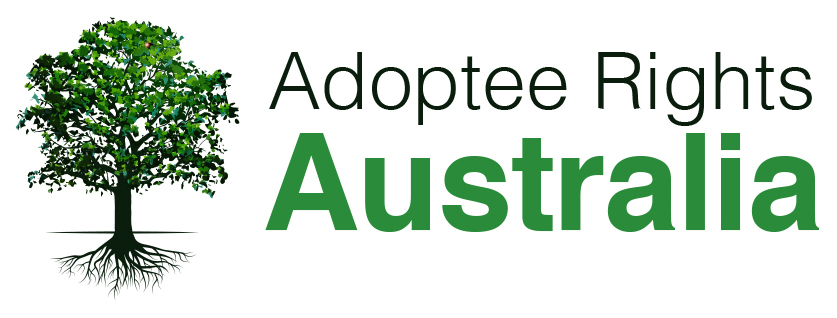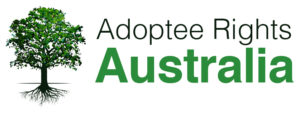Western Australia

The Family Court of Western Australia may make an order to discharge an adoption if satisfied there are sufficient grounds to do so. There are limited people who can apply to have an adoption discharged including the adult adoptee, the Attorney General and the Chief Executive Officer of the Department for Child Protection.
Persons who wish to make an application are required to advise the Chief Executive Officer of the Department of this intention in writing. Further information about the grounds for a discharge can be obtained by contacting Past Adoption Information & Services on 1800 182 178.
Applicants may wish to seek independent legal advice.
How do I contact Past Adoption Information & Services?
GROUND FLOOR 189 ROYAL STREET EAST PERTH WA 6004
Postal address: PO Box 6334 EAST PERTH WA 6892
Telephone: (08) 9286 5200, Free call: 1800 182 178, Fax: (08) 9385 1920
Email: [email protected] Website: www.childprotection.wa.gov.au
NOTE: Support organisations in WA have very little experience with Discharges for adoptees. It is recommended applicants engage independent legal advice.
Click here to Search for Legal Aid in WA
Current WA ADOPTION ACT 1994 – SECT 77
Discharge of adoption order
(1) The following persons may apply to the Court for an order to discharge an adoption order —
(a) The Attorney General;
(b) the CEO;
(c) An adult adoptee who has notified the CEO of the adoptee’s intention to so apply.
(2) On an application under subsection (1), the Court may make an order to discharge an adoption order if it is satisfied that —
(a) the adoption order was obtained by fraud, duress or other improper means; or
(b) a consent relied on for the making of the adoption order was not an effective consent because it was obtained by fraud, duress or material inducement; or
(c) there is some exceptional reason why the order should be made.
(3) The Court is not to make an order under subsection (2) —
(a) if to do so would not be for the welfare and in the best interests of the adoptee; and
(b) unless the Court is satisfied that reasonable efforts have been made to notify all the parties to the adoption of the application.
(3a) Any person may apply for leave to intervene in an application under subsection (1) and the Court may make an order entitling the person to intervene in the application.
(3b) A person who, under subsection (3a), intervenes in an application under subsection (1), is to be treated as a party to the application with all the rights, duties and liabilities of a party, unless the Court orders otherwise.
(4) Where an order is made under subsection (2) in relation to an adoption in which the adoptive parent was not specified in the forms of consent to the adoption, the consents to the adoption continue to have effect unless the Court orders otherwise.
(5) Where an order is made under subsection (2), the Court may make such consequential or ancillary orders as it thinks fit in the interests of justice or the welfare and best interests of the adoptee, including orders relating to —
(a) the name of the adoptee; or
(b) the ownership or possession of property; or
(c) any matter affecting parental responsibility for the adoptee; or
(d) the domicile of the adoptee.
(6) Where an order is made under subsection (2), the rights, duties, liabilities and relationships of persons under the law of the State are to be as if the adoption order had not been made.
(7) Subsection (6)
(a) is subject to orders made under subsection (5) and to section 75(5); and
(b) does not otherwise affect —
(i) anything lawfully done; or
(ii) The consequences of anything lawfully done; or
(iii) Any proprietary right or interest that became vested in any person while the adoption order was in force.
(8) An adoption order cannot be appealed against, reviewed, called in question or affected by any court on any account, except —
(a) under this section; or
(b) Under section 211(3) of the Family Court Act 1997 .

